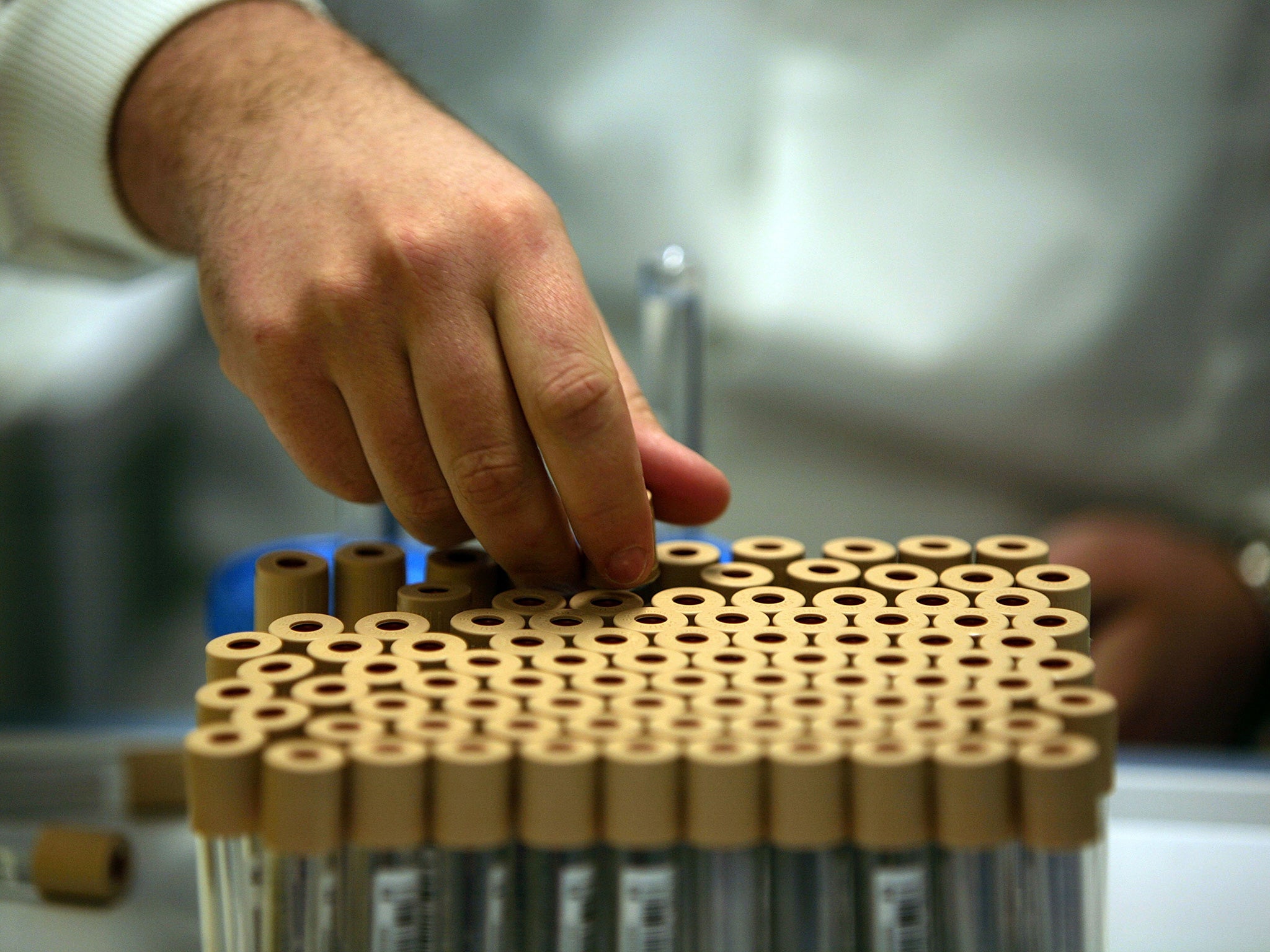Thousands of East Londoners to participate in huge genetic study
Some 100,000 people will be asked to participate

Tens of thousands of ethnic-minority inhabitants of East London are being asked to take part in Britain’s first large-scale study of community genetics to understand the role of genes in sickness and in health.
Eligible participants will be health individuals from Bangladeshi or Pakistani backgrounds who will be asked whether their own parents are closely related as part of research into the genetic effects of intermarriages within the same family, scientists said.
However, the researchers behind the £4m project emphasised that the personal information collected by the study will be kept secure and there will be no attempt to influence the cultural practice among some communities of marriage between first cousins or other close relatives.
“It’s not about telling people who to marry,” said Professor David van Heel, one of the co-leaders of the study at Queen Mary University of London. About 10 per cent of the Bangladeshi population living in Britain and between 30 and 40 per cent of Pakistanis are in families where parents are either first cousins or similarly related, Professor van Heel said.
“Much of the genetic studies have been about rare disease and perhaps about adverse effects of parental relatedness in terms of rare disease. No-one has ever looked at a healthy adult population,” Professor van Heel said.
“We want to understand the breadth of genetic variation in the Bangladeshi-Pakistani communities, some of whom will be the offspring of closely-related parents,” he said.
Some 100,000 people will be asked to participate by providing a saliva sample which will enable the scientists to sequence their full genomes. Those who are judged to have interesting genetic variations, such as “knock out” genes that do not function normally, will be invited back for further tests and interviews.
“There are some interesting features that we feel we will better understand as a consequence of that because we now know that these gene knock-outs exist in the broad population,” Professor van Heel said.
People of South Asian origin are more likely to suffer from certain common disorders, such as diabetes and heart disease, than the wider general population, said Professor Richard Trembath, vice-principal of Queen Mary.
“We’re interested in how these rare alterations, the so-called knock-outs, are distributed in the population,” Professor Trembath said.
“When you look across all populations you will see them in all populations, both copies [of the gene] having been lost, but you’ll see them very rarely in the general population,” he said.
“You will see them in greater frequency in populations where there is closer parental relatedness. So it’s an opportunity for us to better understand the occurrence of these,” he explained.
“This is a way we can accelerate our understanding about this. We already know that in these populations there is a higher frequency of closer parental relatedness,” he added.
The £4m study is initially being funded jointly by the Medical Research Council, which will pay for the specialist testing centre, and the Wellcome Trust, the country’s biggest medical research charity. The research is scheduled to last for 20 years.
Professor van Heel said: “By recruiting 100,000 people from the local community, we are giving East London people the opportunity to play a key role in improving the health of future generations, including enhancing our understanding of why certain people get diseases and the development of improved treatment and prevention.”
Join our commenting forum
Join thought-provoking conversations, follow other Independent readers and see their replies
Comments
Bookmark popover
Removed from bookmarks